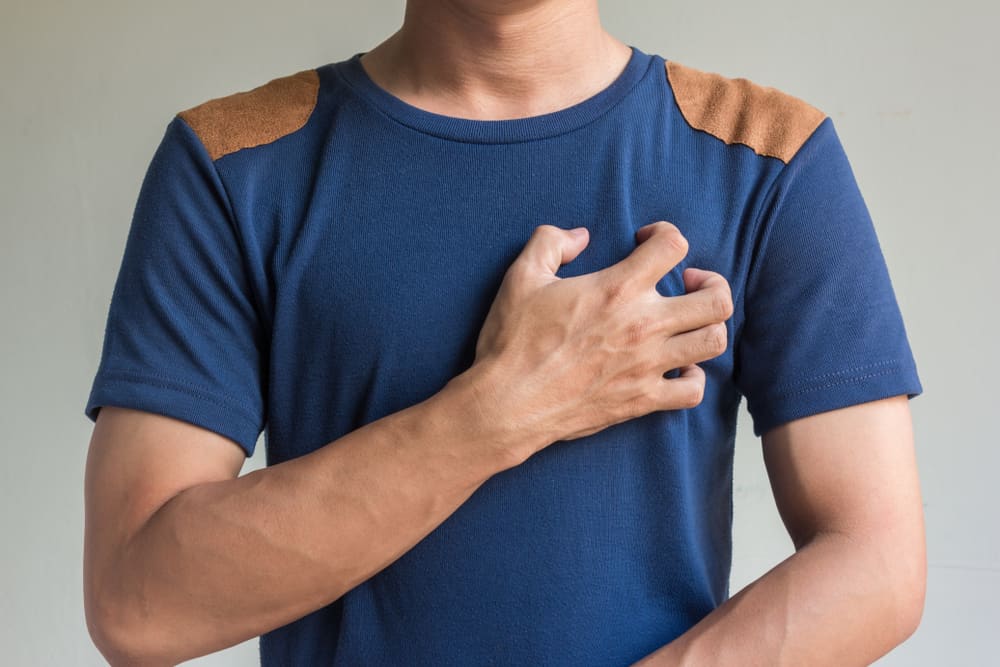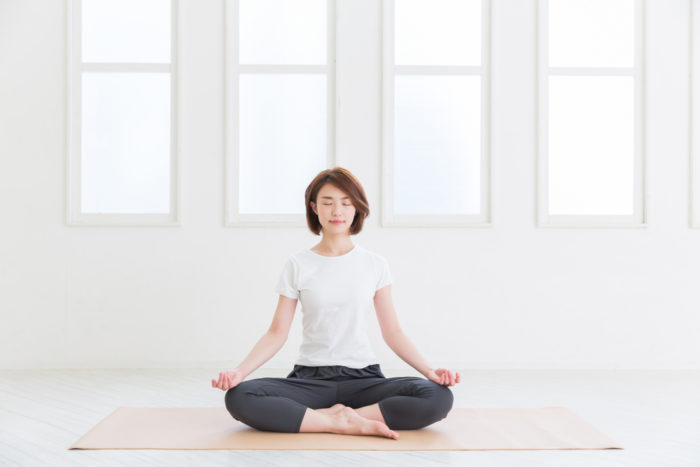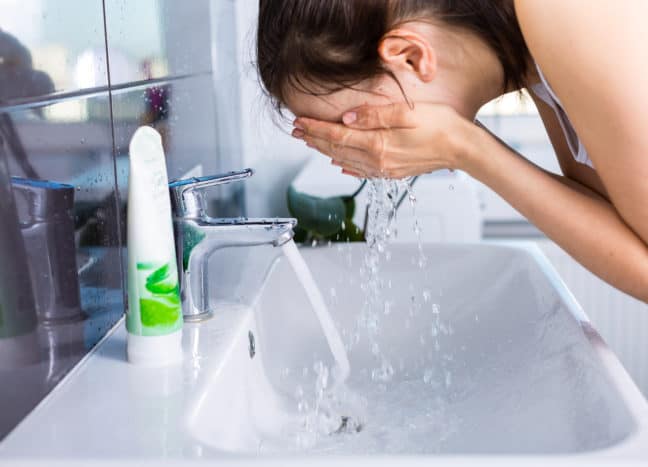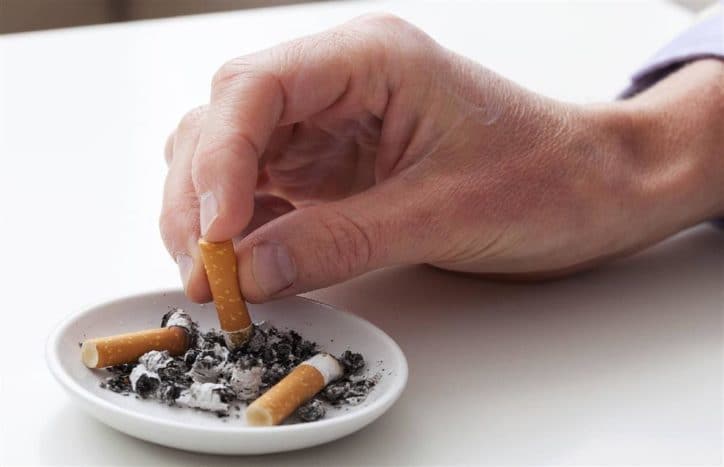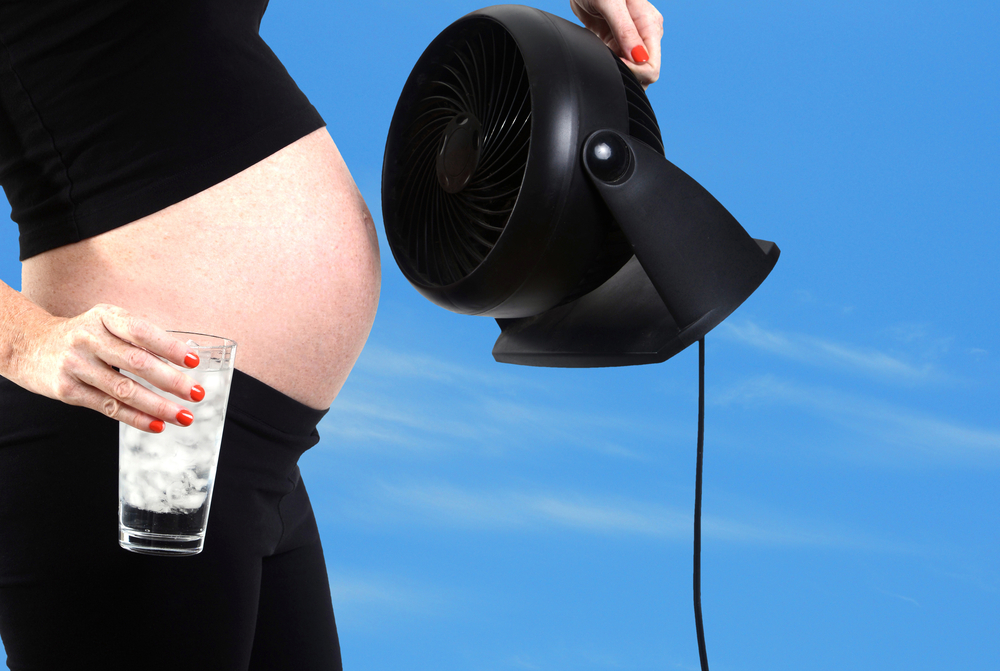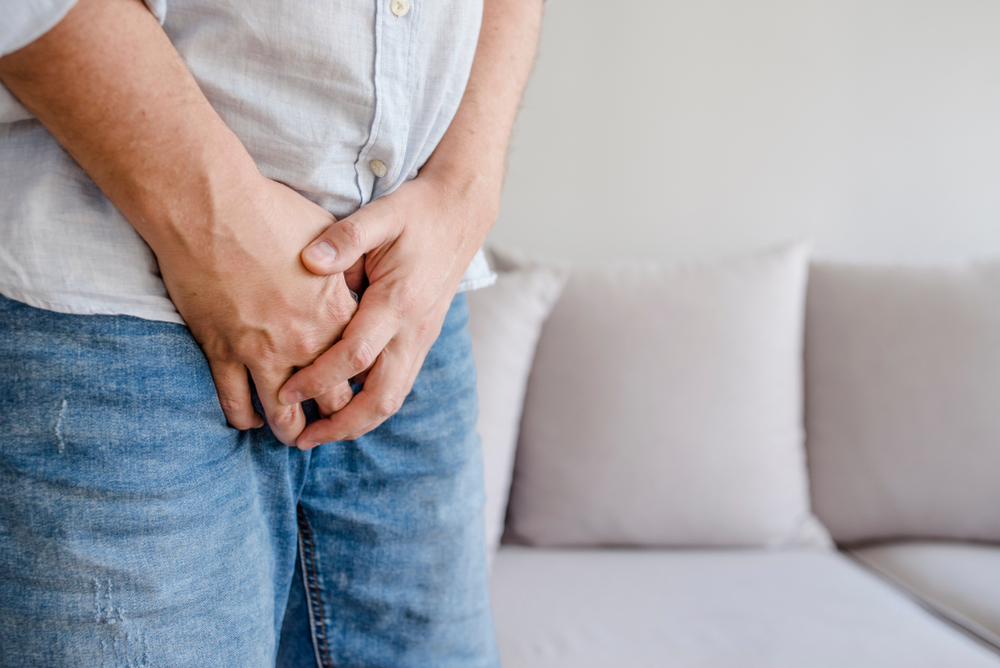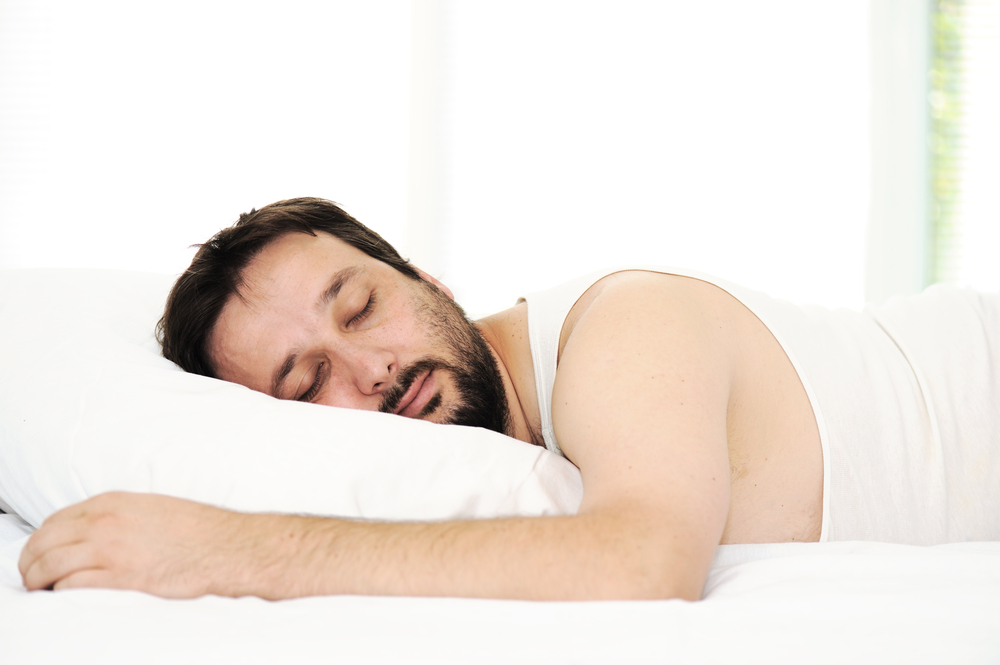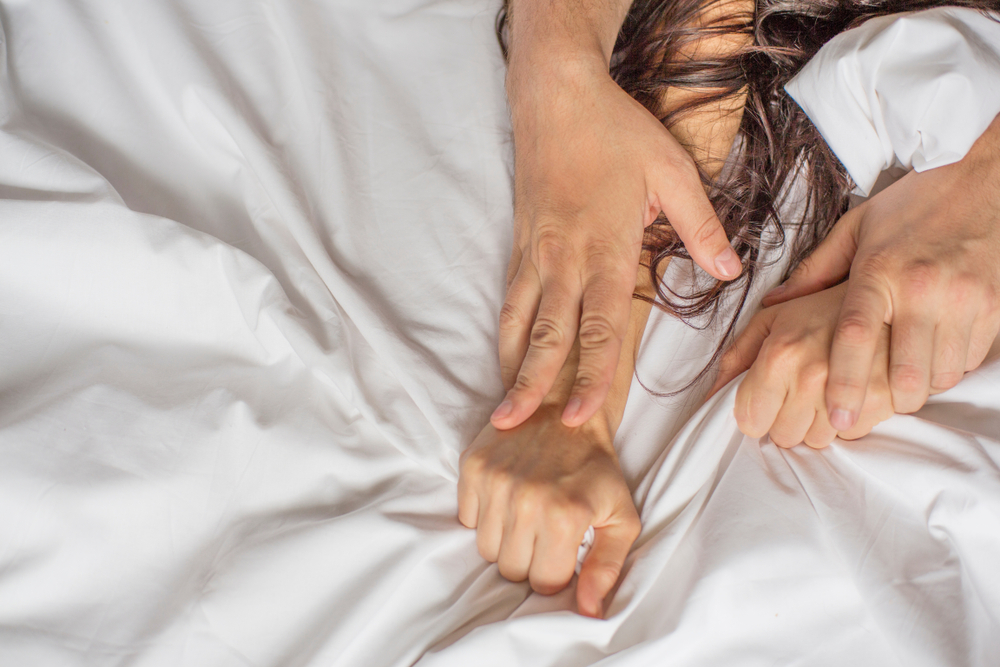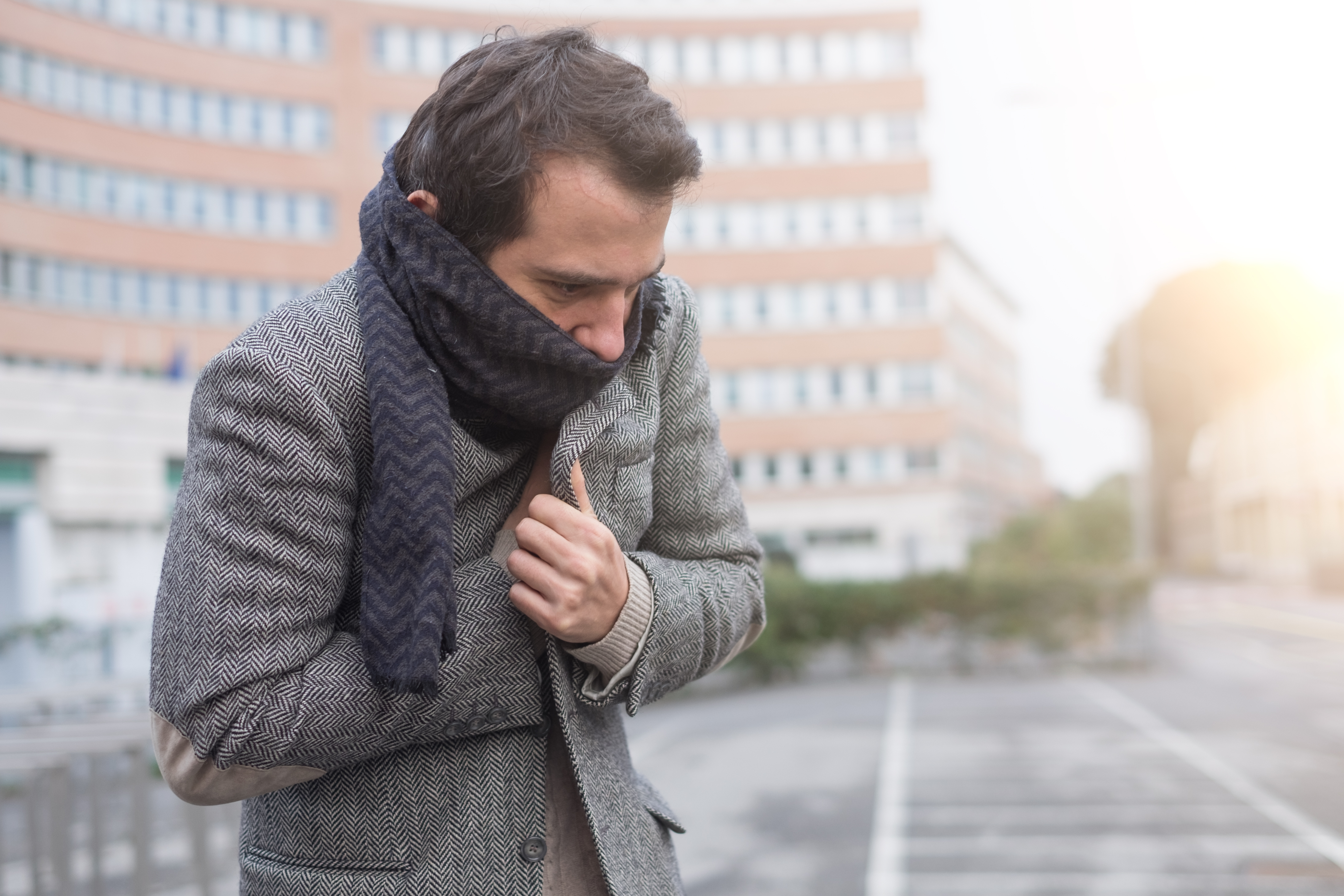Contents:
- Medical Video: How To Reduce High Blood Pressure Naturally | How To Prevent High Blood Pressure Naturally
- How to deal with heart palpitations and sudden
- 1. Respiratory training
- 2. Vagal maneuver
- 3. Drink plenty of water
- 4. Maintain electrolyte balance
- 5. Regular exercise
- 6. Avoid causing heart palpitations
Medical Video: How To Reduce High Blood Pressure Naturally | How To Prevent High Blood Pressure Naturally
Suddenly feeling the heart pounding in a public place might make you panic fast. Moreover, this symptom is often followed by a feeling of tightness in the chest which is quite disturbing. Indeed, you need to immediately go to the doctor to find out the cause of the palpitations that are felt. But beforehand, there were several ways to deal with the palpitations that you could do at that time as first aid. Anything? Check out the full review below.
How to deal with heart palpitations and sudden
In medical conditions, a heart palpitations accompanied by tightness in the chest are called heart palpitations. This can happen anytime, whether sitting, lying down, standing up, or doing activities as usual.
There are many things that can cause your heart to beat fast and suddenly, including environmental factors or medical conditions. Environmental factors that can cause heart palpitations are excessive exercise, excessive anxiety, excessive caffeine consumption, and high carbohydrate, fat, and MSG foods.
Meanwhile, heart palpitations can also indicate medical problems, for example thyroid disease, arrhythmia, or even heart failure.
You may still not know the exact cause of your heartbeat. As a first step, you can follow this easy way to overcome heart palpitations:
1. Respiratory training
Stress and anxiety are two of the most common causes of palpitations. Because, these two things can trigger an increase in the hormone adrenaline in the body so that the heartbeat becomes unbalanced. If this happens to you, then calm yourself down with breathing exercises.
There are various ways you can learn to regulate breathing, for example through meditation, yoga, or tai chi. This can help calm tense body muscles, including the heart muscle.
The trick, sit quietly while closing your eyes, then place one hand on your stomach. Inhale slowly and deeply through your nose, then exhale through your mouth. Repeat several times until you feel more calm.
2. Vagal maneuver
The next way to deal with the palpitations is the vagal maneuver that is used to slow the heart rate by stimulating the vagal nerve, which is the part of the nerve that helps regulate the heartbeat.
This maneuver can be done by coughing to stimulate the vagal nerve so that the heart rate slows down. In addition, you also splash water, put a cold towel or ice bag on your face for 20 to 30 seconds. A cold sensation can help stimulate the vagus nerve and restore heart rhythm back to normal.
3. Drink plenty of water
A heart that beats fast and suddenly can be a sign that you are dehydrated. Because your blood contains water so that when you are dehydrated, your blood becomes thicker.
The thicker the blood will make the heart work extra to drain blood throughout the body. As a result, the pulse gets faster and has the potential to cause heart palpitations.
As a solution, make sure your fluid needs are still sufficient. According to the Centers for Disease Control and Prevention (CDC), the amount of fluid needed for each person varies depending on age, gender, and condition of pregnancy. But at least, make sure you drink eight glasses of water per day to keep your body hydrated.
Even if you are not thirsty, keep drinking a glass of water as much as possible. Especially if your body shows symptoms of dehydration, such as dry mouth, thirst, headache, dizziness, and dry skin.
4. Maintain electrolyte balance
When your heart suddenly palpitates, this means that the electrical signal flowing to the heart is in trouble. The electrical signal is driven by electrolyte levels in the body. If your body lacks electrolytes, then your heart rate becomes irregular and tends to be faster.
So, keep your electrolyte balance through food or drinks that contain sodium, potassium, calcium, and magnesium. You can get these types of electrolytes from food, namely:
- Sodium: potatoes, soup
- Potassium: avocados, bananas, sweet potatoes, spinach, and other green vegetables
- Calcium: milk, milk products, and green vegetables
- Potassium: green vegetables, beans, fish
If you are afraid you cannot meet the electrolyte needs of food, you can rely on certain supplements. But remember, consult your doctor first to ensure your health condition.
5. Regular exercise
It's no secret that exercise can help reduce stress and anxiety. This means indirectly, regular exercise can also help overcome heart palpitations caused by stress or anxiety.
Exercise can indeed provide benefits for heart health, but in fact it can also trigger palpitations or heart palpitations in some people. Therefore, you do not need to insist on choosing the type of exercise that is too heavy so that your heart rate can quickly return to normal.
Choose the type of exercise that is light according to your body's abilities, such as walking, jogging, running, cycling, or swimming. The most important thing is to make a schedule regularly and stick to the schedule that you make consistently.
If your exercise triggers a palpitations, stop immediately and consult a doctor.
6. Avoid causing heart palpitations
One way to overcome the heart palpitations is to avoid the trigger. If the heart beats suddenly after consuming:
- Cold and cough medicine
- Caffeinated drinks such as coffee, tea and soda
- Medications for mental illness
- Hypertension medication
- Alcohol
- Smoke
So you should immediately avoid this. But remember, not everyone has the same stimulant or trigger. If the heart continues to pound and get worse, immediately consult a doctor for further treatment.

